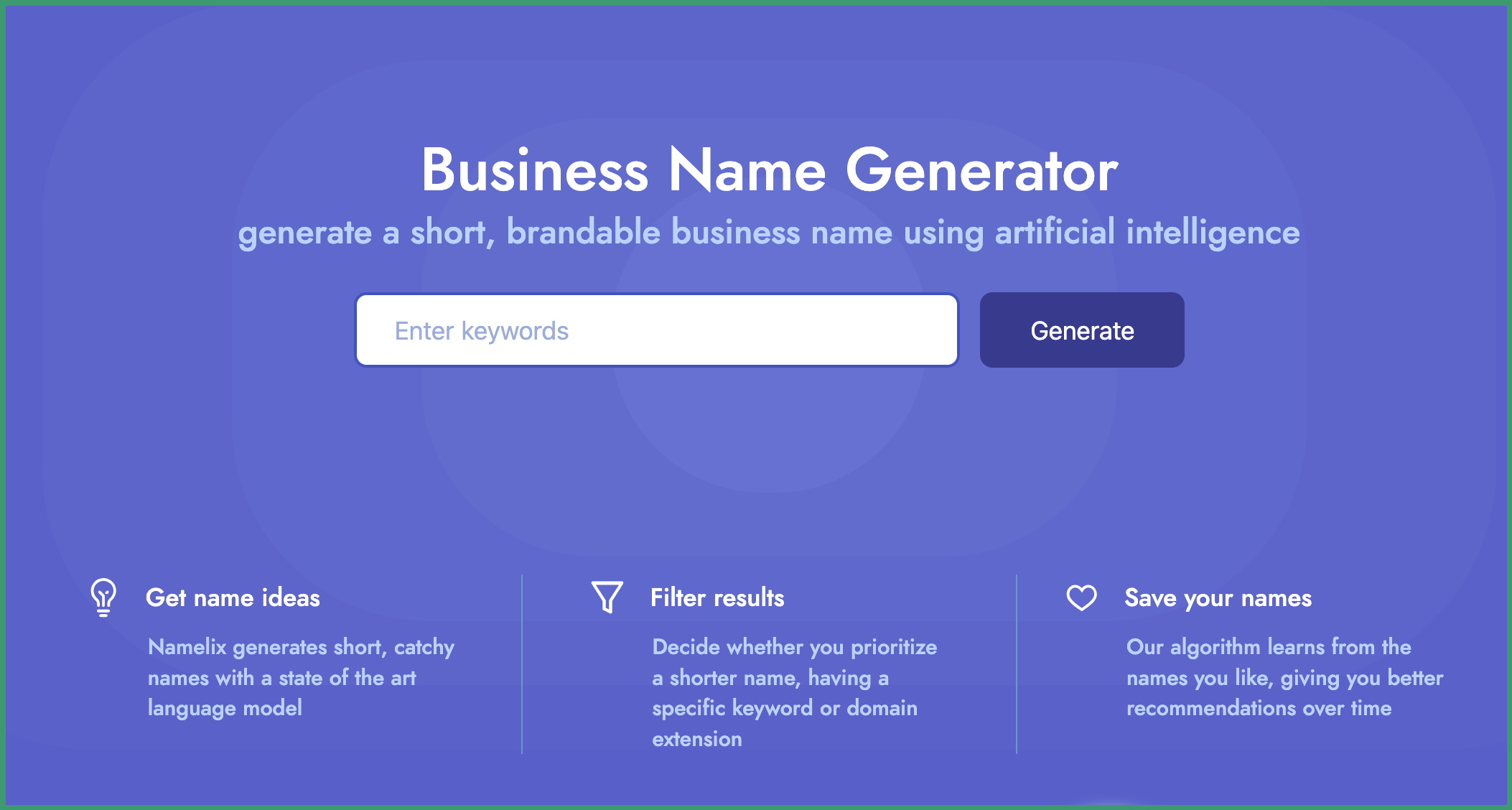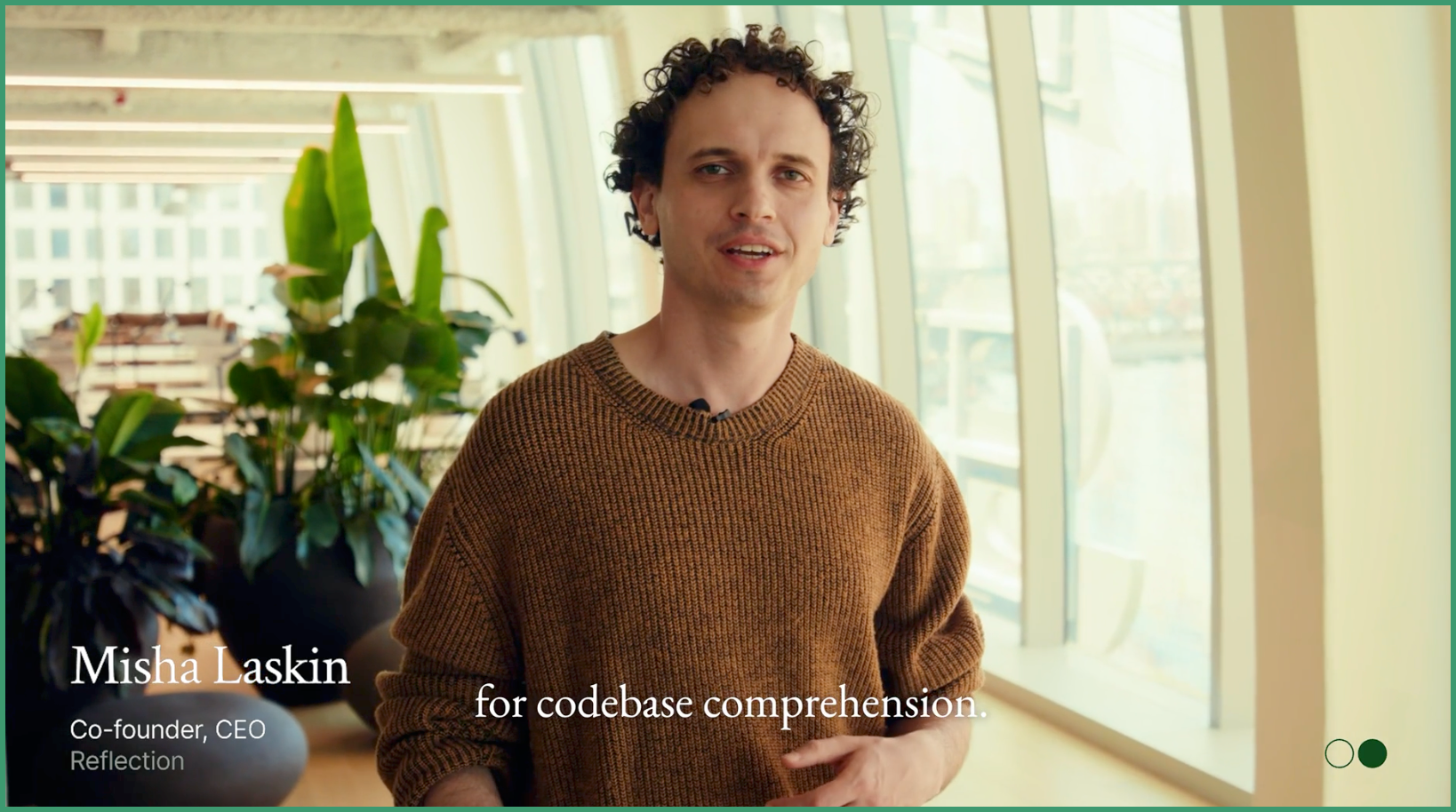Good Morning from San Francisco,
TSMC posted a record $13.5 billion profit. AI demand drove the surge. The chipmaker raised its 2025 growth forecast to 30%.
Success brings problems. Taiwan's dollar soared 11% this year, cutting margins. Trump threatens 32% tariffs by August.
AI chips now generate 60% of TSMC's revenue. Remember DeepSeek fears? TSMC's results suggest those worries were overblown.
The AI spending boom continues despite currency headwinds and political threats.
Stay curious,
Marcus Schuler
TSMC Prints Money While Currency Fights Back

Taiwan Semiconductor Manufacturing Company delivered a masterclass in making money from artificial intelligence, posting record quarterly profits of $13.5 billion that beat Wall Street's most optimistic predictions. The world's largest contract chipmaker raised its 2025 revenue growth forecast to 30% from the mid-20% range.
The results landed like a shot of caffeine for investors still jittery from China's DeepSeek moment, when the startup's efficient AI model briefly made everyone wonder if tech companies really needed to spend quite so much on data centers. TSMC's 61% jump in quarterly profit suggests the answer is still yes.
But success comes with a currency-shaped hangover. The Taiwan dollar has surged 11% this year, making it Asia's best-performing currency but also TSMC's biggest headache. Since nearly all sales come in US dollars while most costs are in Taiwan dollars, every 1% appreciation cuts revenue by the same amount.
President Trump's threatened 32% tariffs on Taiwanese goods add another wrinkle. TSMC plans to spend $38-42 billion in 2025 expanding capacity, with 30% of advanced chips eventually made in Arizona.
Why this matters:
• TSMC's blowout results prove AI demand isn't just hype – companies are still throwing money at data centers faster than currency fluctuations can eat profits
• The contrast with equipment supplier ASML's caution suggests chipmakers weather trade tensions better than their suppliers
Read on, my dear:

AI Image of the Day

Prompt:
A soft, painterly portrait of a young woman sitting in
a warmly lit psychologist's office, conveying a sense of carefree joy. She has long, wavy auburn hair cascading over her shoulders and a genuine, bright smile illuminating her face as she gazes slightly upward. The room is sparsely furnished with comfortable armchairs and bookshelves filled with well-worn volumes, with a framed print of "“The Starry Night”" hanging on the wall behind her. Gentle light streams in from a nearby window, creating a peaceful and optimistic atmosphere, emphasizing the feeling of lightness and well-being
AWS Ends the Era of "Prompt and Pray" Development

Amazon's new Kiro IDE puts an end to vibe coding. While tools like Cursor let developers jump straight into prompting their way to working apps, Kiro demands specs, planning, and structure first.
The tool transforms simple prompts into detailed requirements documents, design specs, and task lists. It's the opposite of the "prompt and pray" approach that defined the first wave of AI coding tools. Kiro includes two key features: specs that force upfront planning and hooks that automate quality checks as work progresses.
This shift reflects broader market maturation. Cursor hit $200 million in annual recurring revenue within its first year, proving AI coding works. Now the question changes from "Can AI write code?" to "Can AI write maintainable code?"
The competition won't ignore Kiro's challenge. Cursor and Claude Code have already started adding planning features. The market is splitting between speed-focused tools and structure-focused alternatives.
Kiro's approach acknowledges what many developers learned the hard way: AI-generated code without documentation becomes technical debt. When you prompt your way to working features, you rarely document the assumptions or trade-offs the AI made.
Why this matters:
• The AI coding market is evolving from raw speed to sustainable development practices—expect planning features to become standard across all tools
• Amazon's bet on structure over speed suggests the industry recognizes that production-ready AI coding requires discipline, not just clever prompts
Read on, my dear:

🧰 AI Toolbox
How to Generate a Great Business Name

Namelix creates short, catchy business names based on keywords you provide. The AI generates brandable names that are easy to remember and spell. It also shows you logo ideas and checks if domains are available.
Tutorial:
- Go to the Namelix website
- Enter keywords that describe your business
- Choose a style like "Brandable," "Rhyming," or "Person"
- Click "Generate" to see name suggestions
- Browse through names and logos
- Save favorites and check domain availability
- Buy a logo and domain when you find the perfect name
URL: https://namelix.com/
AI & Tech News
Nvidia's CEO Charms Trump Into Reversing China Chip Ban
Jensen Huang spent months globe-trotting and lobbying Trump administration officials to reverse restrictions on AI chip sales to China, culminating in a nearly hour-long Oval Office meeting where he convinced the president that American chips should be the global standard. The successful campaign helped Nvidia become the world's first $4 trillion company and gave the chipmaker access to billions in Chinese revenue after the administration initially banned sales of its H20 chip in April.
Trump's UAE Chip Deal Hits Security Roadblock Over China Fears
Trump's landmark agreement to sell billions in Nvidia AI chips to the UAE is stalled as administration officials worry China could access the cutting-edge technology through G42, an Abu Dhabi firm slated to receive 20% of the semiconductors. The Commerce Department now plans to block G42's direct access to the chips, potentially angering the Emiratis and creating friction within Trump's own team over how aggressively to export advanced AI technology.
Lovable Raises $200 Million for "Vibe Coding" Platform
Lovable, a Swedish AI startup that lets people build apps without actually knowing how to code, raised $200 million in Series A funding that values the year-old company at $1.8 billion. The round, led by Accel, makes Lovable Europe's newest unicorn in the growing "vibe coding" space where programming skills are apparently optional.
Roblox Introduces Face ID for Unfiltered Teen Conversations
Roblox will require users to pass a facial scan or submit government ID to access unfiltered chats with "Trusted Connections," part of a broader safety overhaul that renames Friends to Connections. The move comes after reports of predators on the platform, with the company partnering with identity verification firm Persona to analyze video selfies against age estimation datasets before allowing teens to chat without content filters.
Jack Dorsey Drops $10 Million on Open-Source Social Media Nonprofit
Jack Dorsey invested $10 million in "and Other Stuff," a nonprofit building open-source social media tools through protocols like Nostr, after concluding that traditional corporate structures doom platforms to repeat Twitter's mistakes. The former Twitter CEO now believes even Bluesky faces the same structural problems as conventional social media because it took venture capital funding, so he's backing a "community of hackers" instead of another startup.
Big Tech's AI Talent Grab Leaves VCs With Smaller Paychecks
Meta and Google are scooping up AI talent through "acquihires" that pay billions for teams while leaving behind actual business operations, deflating the blockbuster returns venture capitalists need to stay profitable. Recent deals like Microsoft's $2.4 billion grab of Inflection AI's team and Meta's $14.3 billion investment in Scale AI deliver modest VC returns instead of the traditional sale windfalls, potentially forcing investors to back more sustainable businesses rather than quick-flip startups.
Hollywood's AI Civil War Pits Natasha Lyonne Against Justine Bateman
Hollywood has split into warring camps over AI filmmaking tools, with Natasha Lyonne's Asteria and directors like James Cameron championing the technology while actors like Justine Bateman and illustrator Reid Southen fight to preserve human creativity. Studios are simultaneously suing AI companies like Midjourney for copyright infringement while quietly testing the same tools to slash production costs, creating a schizophrenic industry that wants AI's savings but fears its consequences.
Former Google AI Stars Launch Asimov, the Code-Reading Agent
Former Google AI researchers at startup Reflection built Asimov, an AI agent that reads code, emails, and Slack messages to understand how software gets made rather than just generating more code. The Brooklyn-based company, backed by Sequoia and led by Google DeepMind's AlphaGo creator, claims their approach beats Claude Code 82% of the time because most engineering knowledge lives outside the actual codebase.
🚀 AI Profiles: The Companies Defining Tomorrow

Reflection AI: Brooklyn's Bet on Code-First Superintelligence
Two DeepMind veterans ditched Google's corporate machine to chase superintelligence from a Brooklyn office. Their weapon of choice? Teaching AI to code like a seasoned engineer who never sleeps.
• The Founders
Misha Laskin and Ioannis Antonoglou founded Reflection AI in early 2024 after bolting from Google DeepMind. Laskin built Gemini; Antonoglou helped create AlphaGo. They planted their flag in Williamsburg with a few dozen employees, convinced that mastering code unlocks the path to general AI.
• The Product
Asimov reads your entire codebase—every repo, ticket, Slack thread, and wiki. This isn't autocomplete on steroids. It's a multi-agent system that understands why code exists, not just what it does. Deploys in your cloud, cites sources, and beats Claude Code 82% to 63% in head-to-head tests. 🤖
• The Competition
GitHub Copilot owns autocomplete. Google, OpenAI, and Meta burn billions chasing AGI. Startups like Imbue and Adept grab unicorn valuations. Reflection's angle? Code comprehension beats code generation. While others spray features, they drill deep.
• Financing
$130M raised across seed and Series A rounds. Sequoia, Lightspeed, and CRV led deals. Reid Hoffman, Nvidia, and Scale AI's CEO joined the party. Post-money valuation: $555M. Not bad for a year-old startup.
• The Future ⭐⭐⭐⭐
Strong fundamentals meet brutal competition. If Asimov evolves from reading code to writing it autonomously, game over. But can a Brooklyn startup outpace Google and OpenAI's infinite resources? The next two years decide everything. 🚀









